January 22, 2026
The circular seabird economy is critical for oceans, islands and people
Our Senior Director of Impact & Innovation, David Will, explains the importance of the Circular Seabird Economy for nutrient transfer!
Published on
July 10, 2023
Written by
Island Conservation
Photo credit
Island Conservation
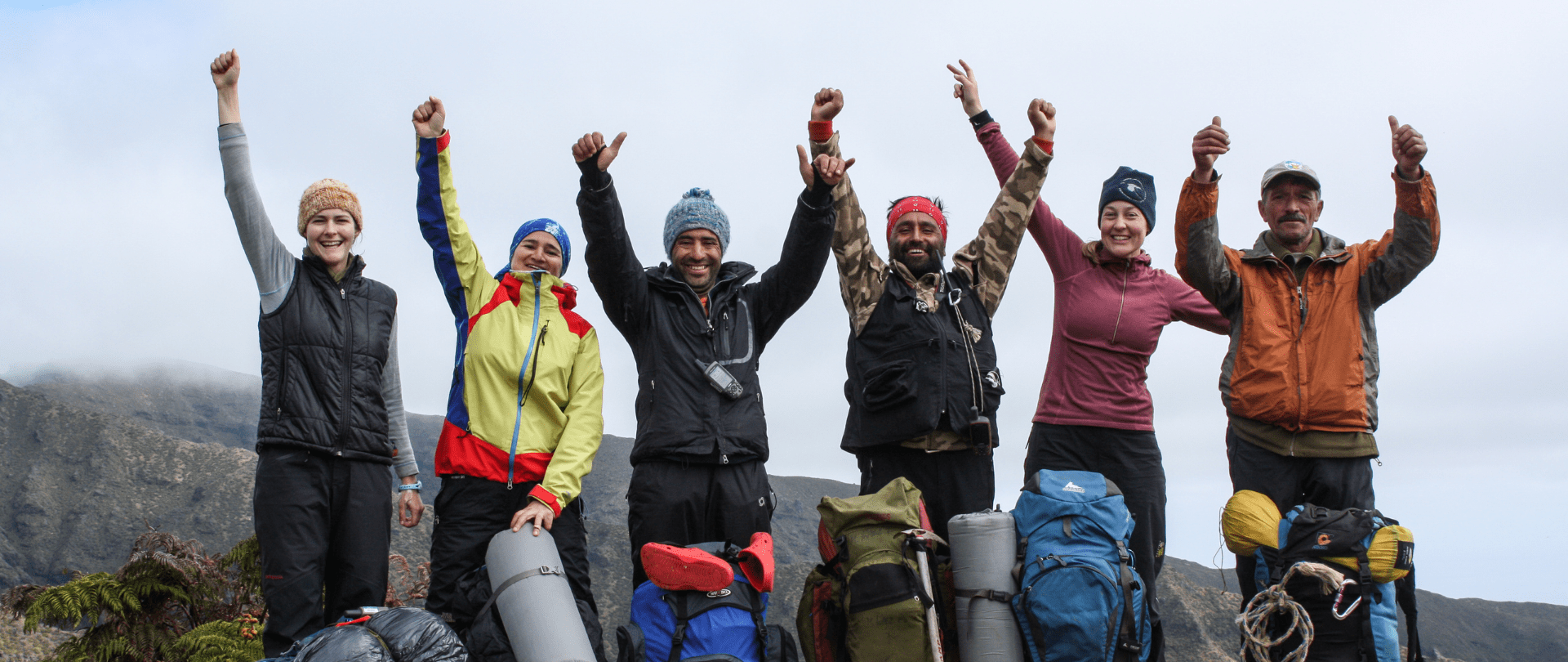
Islands are renowned for their unique ecosystems, captivating biodiversity, and vibrant communities. However, these isolated paradises often face an insidious threat that jeopardizes not only their natural heritage but also the well-being of their inhabitants: invasive species.
In this blog post, we explore the profound impacts invasive species have on island biodiversity, fragile ecosystems, and the very fabric of island communities. Understanding this threat is crucial as we strive to protect and preserve the invaluable treasures found on these remarkable islands.
Invasive species pose the primary threat to island biodiversity, driving species to extinction and forever altering fragile ecosystems. Islands often harbor a high number of endemic species—species found nowhere else on Earth—which have evolved in isolation, delicately interwoven with their environment. When invasive species are introduced, they disrupt this delicate balance, outcompeting native species for resources, consuming habitats, and ultimately leading to the decline or loss of unique island flora and fauna.
Island ecosystems are intricate webs of interdependencies, where each species plays a vital role. Invasive species upset this delicate equilibrium, causing a ripple effect of ecological disruption. The collapse of key species can trigger a cascade of negative consequences, such as the distribution of nutrients from the sea to the soil from seabirds, the loss of pollinators or disruptions to the food chain, ultimately leading to the degradation and potential collapse of the entire island-ocean ecosystem.
Invasive species not only harm biodiversity and ecosystems but also pose significant threats to island communities. Many island populations rely on the natural resources provided by their local ecosystems for sustenance, cultural practices, and economic livelihoods. Invasive species can disrupt traditional fishing or farming practices, leading to decreased yields and economic hardships. They may also introduce diseases that affect human health or impact vital industries like tourism, undermining the well-being of island communities.
Organizations like Island Conservation are at the forefront of combating invasive species, working hand-in-hand with island communities and local partners to protect both biodiversity and human well-being. By eradicating these harmful invaders, we can restore the delicate balance of island ecosystems, giving native species a fighting chance against extinction. As islands are often key biodiversity hotspots, their restoration can have a profound ripple effect, rejuvenating nearby marine environments and promoting the recovery of interconnected habitats. Moreover, by safeguarding island ecosystems, we enhance their resilience to climate change impacts, fostering carbon sequestration, protecting coastal communities, and contributing to the broader efforts of mitigating climate change on a global scale. By empowering local communities and fostering collaboration between scientists, governments, and stakeholders, we can enhance the resilience of island ecosystems and safeguard their future.
Removing invasive species from islands holds tremendous promise in addressing pressing global challenges, offering a glimmer of hope for the extinction crisis, failing ocean health, and climate change. Together, our actions to restore and rewild islands offer a beacon of hope, demonstrating that we have the power to reverse the trajectory of ecological decline and build a brighter, more sustainable future for our planet.
Check out other journal entries we think you might be interested in.

January 22, 2026
Our Senior Director of Impact & Innovation, David Will, explains the importance of the Circular Seabird Economy for nutrient transfer!

January 15, 2026
Not all Marine Protected Areas are equally effective. A new study shows how high-quality, well-implemented MPAs provide outsized impacts for biodiversity!

December 22, 2025
Elke Windschitl, our Conservation Impact Data Specialist, gives us the lowdown on
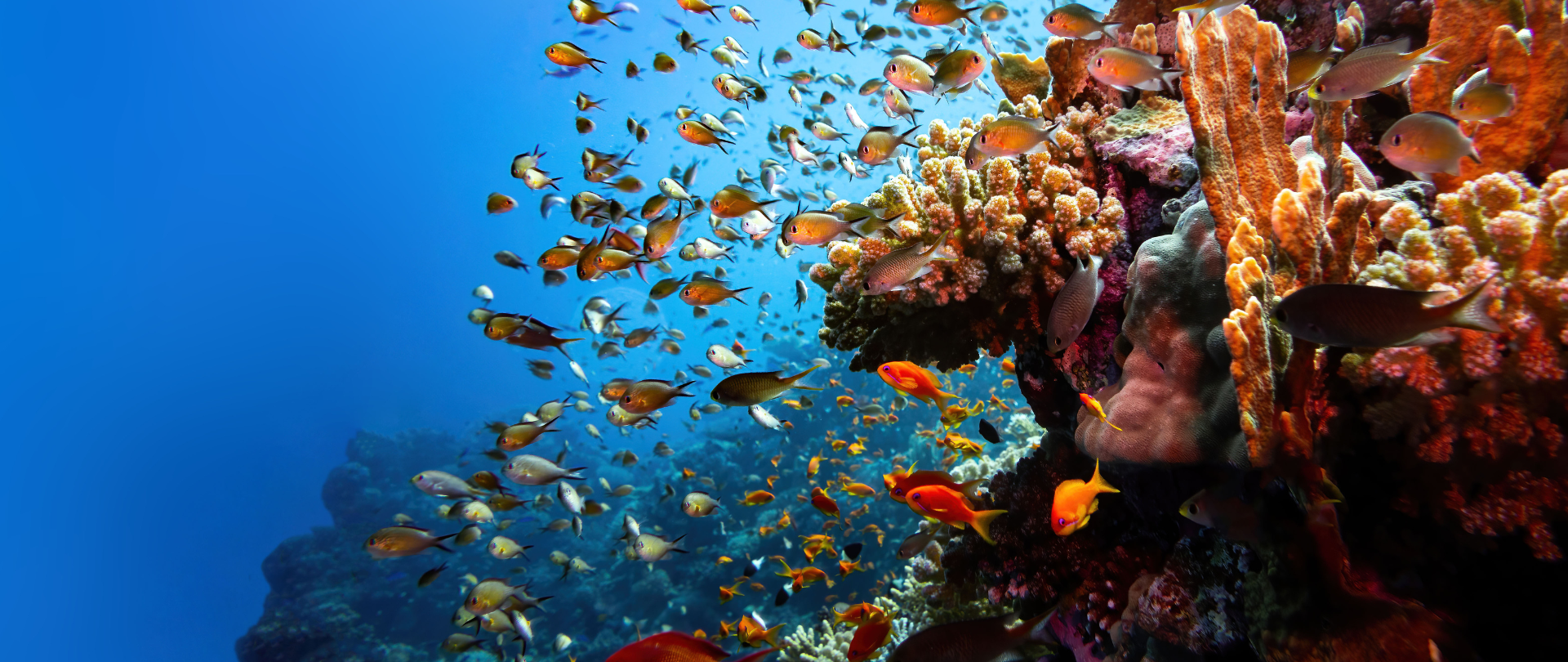
December 4, 2025
A new study reveals how seabirds, connector species between land and sea, play a huge role in the health of coral reefs!
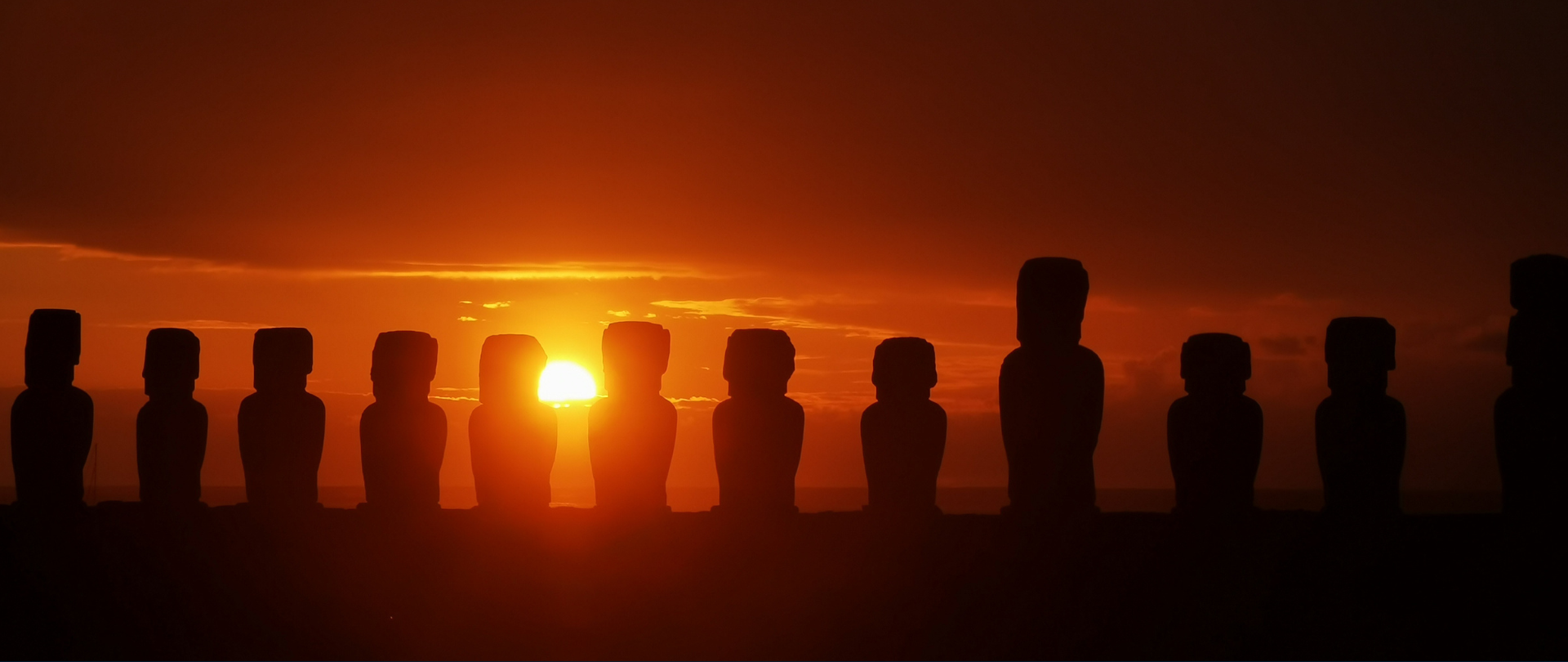
November 25, 2025
A new scientific paper is changing the way we understand Rapa Nui (Easter Island)'s ecological history!
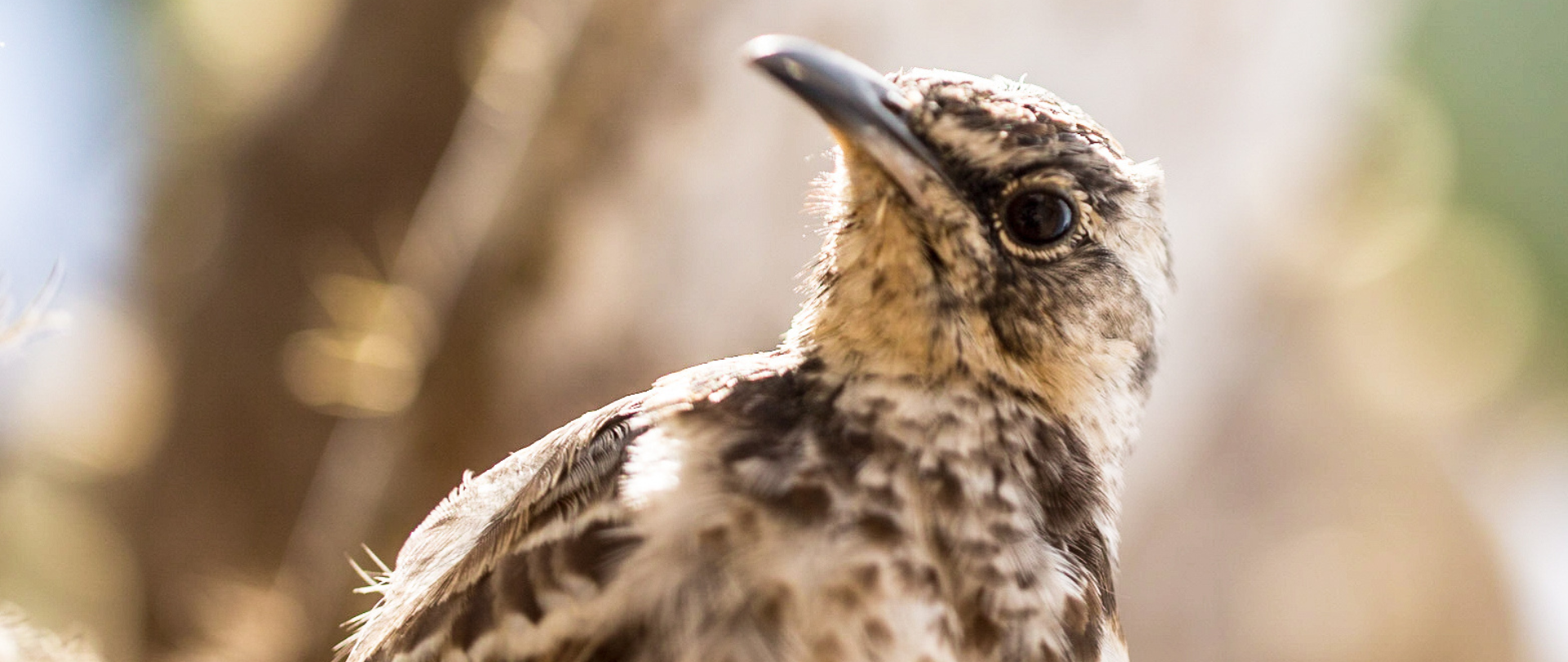
November 21, 2025
Holistic restoration is at work on Floreana Island, where the largest conservation project in the history of the Galápagos is underway!
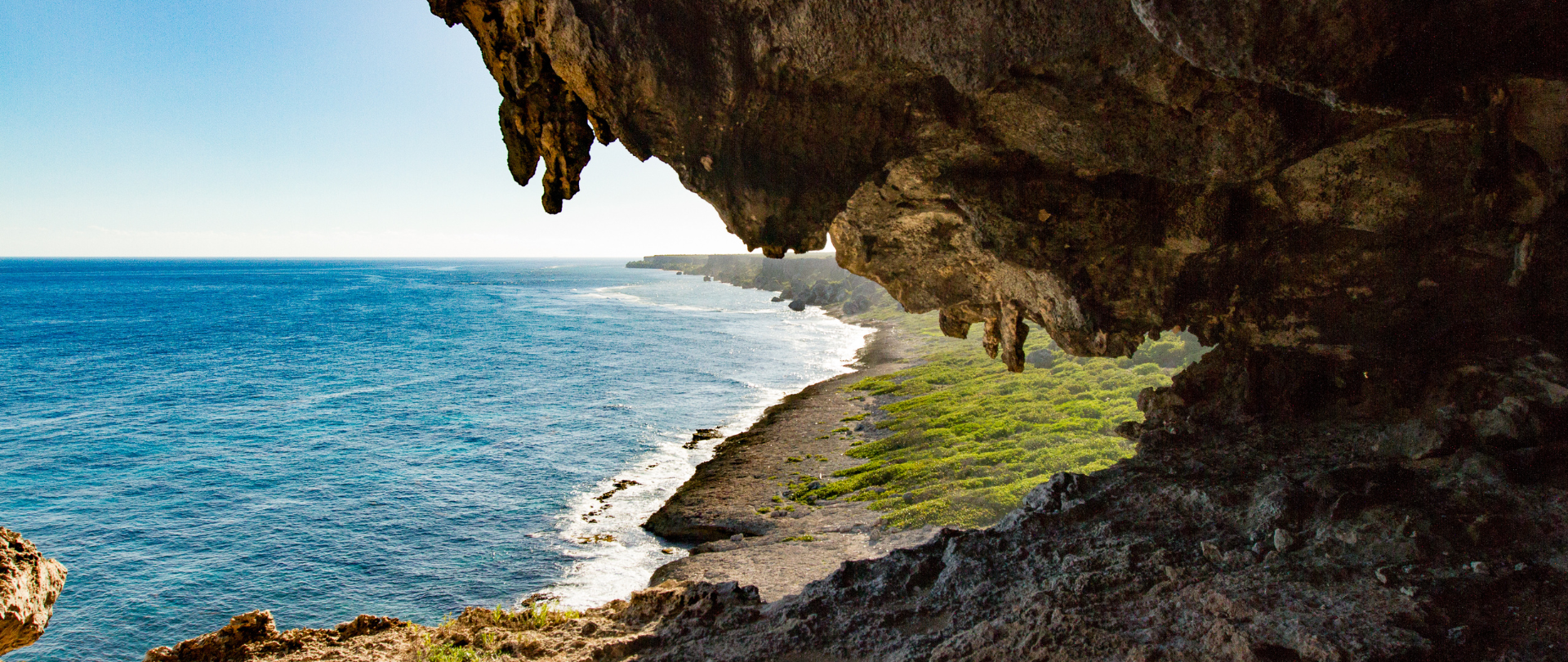
October 30, 2025
Our proposal for a United Nations-sanctioned Decade of Island Resilience spotlights the power of global small islands!

October 29, 2025
Astounding evidence of recovery on Ulong Island in Palau after just one year!
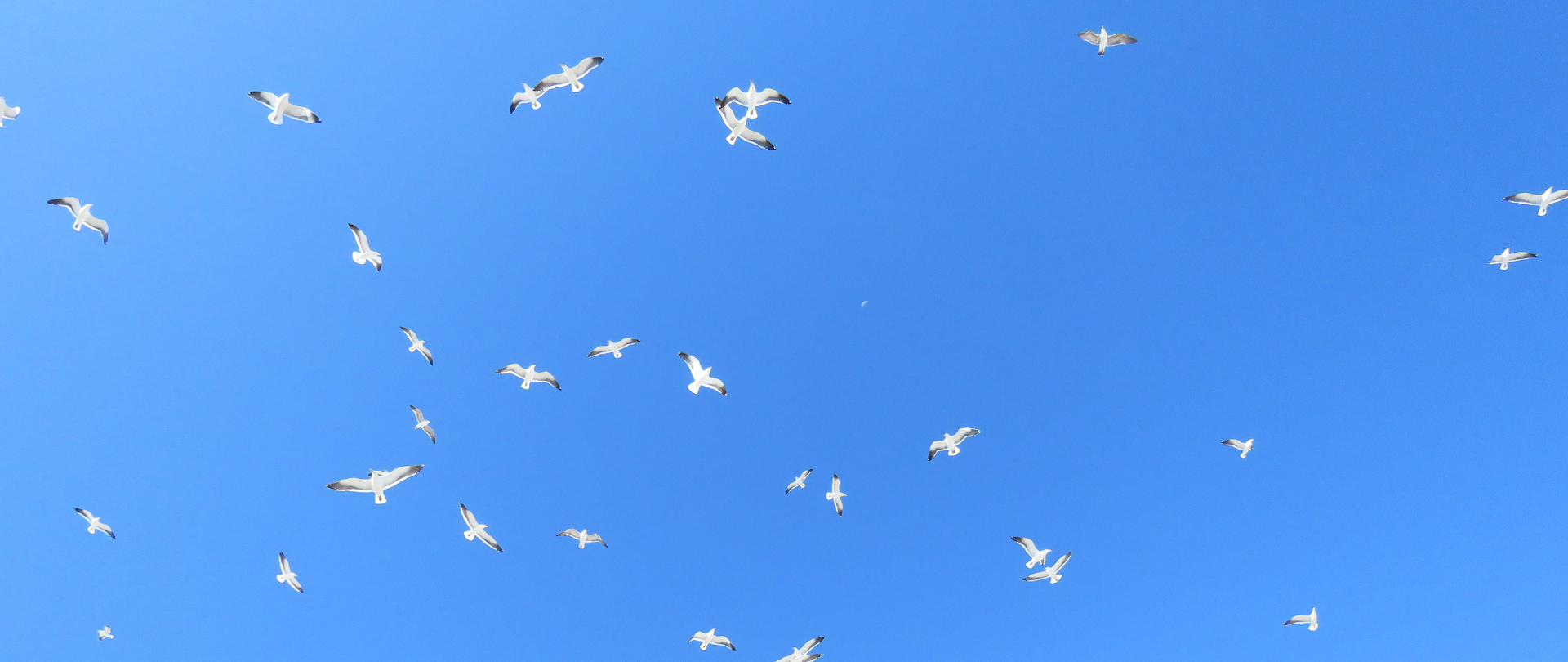
October 26, 2025
A new study shows the power of seabirds to drive entire ecosystems by circulating nutrients between land and sea!
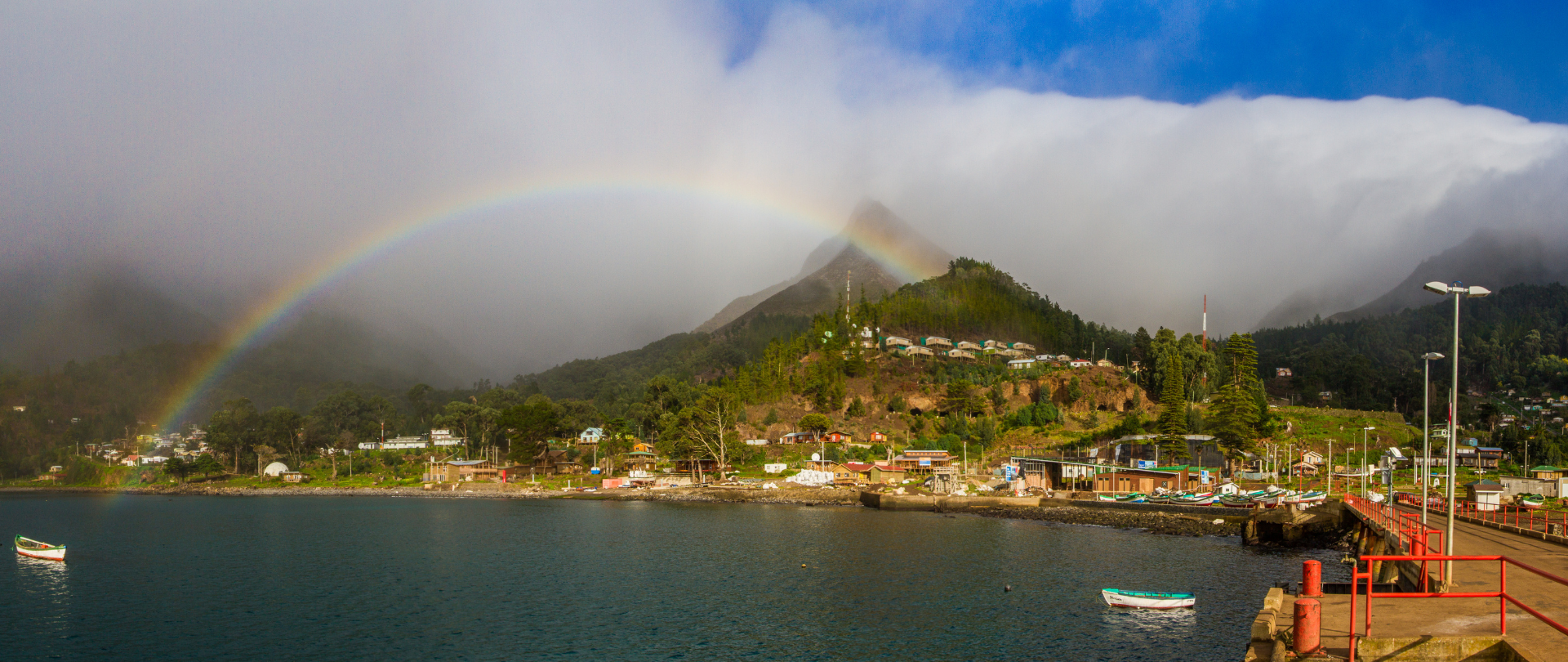
September 12, 2025
How can you make the maximum impact on the planet with your donation? Some conservation actions are most cost-effective than others!